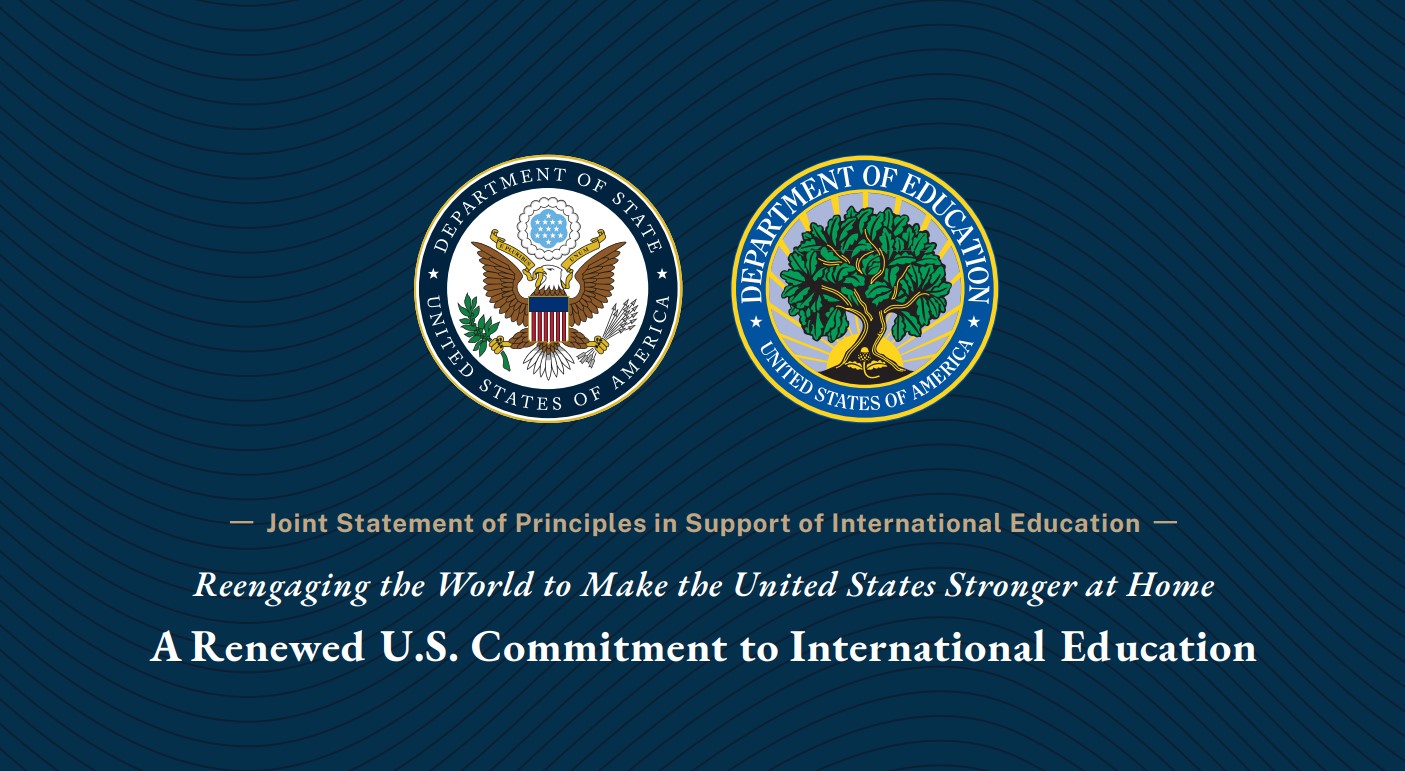Source: Education USA
The United States cannot afford to be absent from the world stage: U.S. leadership and engagement make an essential difference abroad, as well as at home. Indeed, in today’s interconnected world, our foreign and domestic policies are inextricably intertwined in pursuit of a preeminent goal – improving the lives of the American people.
Many of our most pressing challenges are inherently global in scope and impact and can only be addressed by nations and individuals working together. From tackling pandemics and the climate crisis to reducing economic disparities and building prosperity, to countering threats to democracy and maintaining peace – resolving these global challenges requires partnership and collaboration across borders. It is imperative that we continue to cooperate with our allies, invest in our relationships, and broaden our engagement worldwide.
The robust exchange of students, researchers, scholars, and educators, along with broader international education efforts between the United States and other countries, strengthens relationships between current and future leaders. These relationships are necessary to address shared challenges, enhance American prosperity, and contribute to global peace and security. U.S. students, researchers, scholars, and educators benefit when they engage with peers from around the world, whether overseas or through international education at home. All Americans need to be equipped with global and cultural competencies to navigate the ever-changing landscapes of education, international business, scientific discovery and innovation, and the global economy.
International education enhances cultural and linguistic diversity and helps to develop cross-cultural communication skills, foreign language competencies, and enhanced self-awareness and understanding of diverse perspectives.
To read the full statement, click here.

